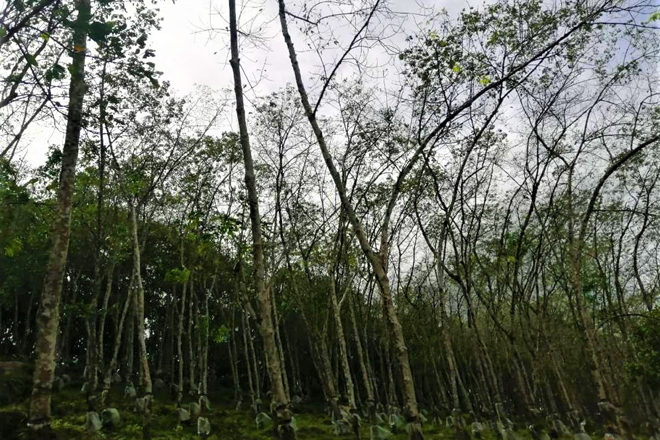In the face of illicit deforestation, degradation of wetlands, and illegal wildlife poaching and trade, Sri Lanka has seen increased community involvement and engagement, despite the ongoing pandemic. While current official mechanisms for citizens to lodge complaints have room for improvements in transparency to the public, there is also an absence of an integrated government-mandated platform that could expand civic space to allowing for meaningful community engagement and vigilance around such issues.
To this end, the ‘Digital Citizen Engagement for the Prevention of Illicit Environmental Activities’ initiative has been launched by the United Nations Development Programme (UNDP) in Sri Lanka, in collaboration with the Ministry of Wildlife and Forest Conservation, the Citra Social Innovation Lab, and the Centre for Environmental Justice (CEJ). The initiative is supported through UNDP’s Global Project - Anti-Corruption for Peaceful and Inclusive Societies (ACPIS) funded by Norad, the Norwegian Agency for Development Cooperation.
The first co-design workshop for the digital citizen engagement initiative took place recently with the presence of representatives from 16 Government institutions, including the Ministry of Environment, Ministry of Agriculture, Department of Forest Conservation, the Department of Wildlife Conservation, Sri Lanka Customs, and the Environmental Protection division of the Police, among others. The workshop recognized that, apart from improvements in the mechanisms through which citizens can lodge complaints, a core issue lies in a lack of an integrated system that would allow relevant government institutions to coordinate and communicate, in order to tackle illegal activities.
Speaking at the co-design workshop facilitated by the Citra Social Innovation Lab, Mr. Somaratne Vidanapathirana, Secretary, Ministry of Wildlife and Forest Conservationexpressed that “it is timely that UNDP initiated this conversation, in order to take this first step towards reducing corruption and illegal activities within the environmental sector.”
Initial plans around the design of this citizen engagement platform focused on facilitating three key outcomes; firstly, citizens can take the initiative and report against harmful environmental practices, contributing towards crowdsourcing data while allowing status updates of their complaint. Secondly, officials can obtain the information required to address such concerns and also record and inform other officials from other relevant institutions of complaints that come to their attention, in order to ensure that the complaint is duly addressed with all relevant officials and institutions coming in when required. Lastly, citizens can easily obtain information on existing environmental legislation and Standard Operating Procedures (SOPs).
Commenting on UNDP’s role and Citra’s expertise, Ms. Malin Herwig, Deputy Resident Representative, UNDP in Sri Lanka stated that “it was encouraging to see officials from a variety of institutions coming forward to work collectively to find solutions to protect the wildlife and forests of Sri Lanka that people would actually use.”
Speaking on behalf of Norway’s role as donors and collaborators for this initiative, through Norad, Ms. Hilde Berg-Hansen, Deputy Head of Mission at the Norwegian Embassy of Sri Lanka, thanked UNDP Sri Lanka and the Citra Social Innovation Lab for their role in this initiative, and highlighted that “the most important aspect will be making sure that the platform in its final form is accessible to communities”.
It is also envisaged that this new solution will contribute towards crowdsourced data around environment-related issues, allowing researchers to access data that may contribute to evidence-based environmental policymaking, as well as contribute towards the collection and compilation of data related to the Sustainable Development Goals, specifically SDG 15.

